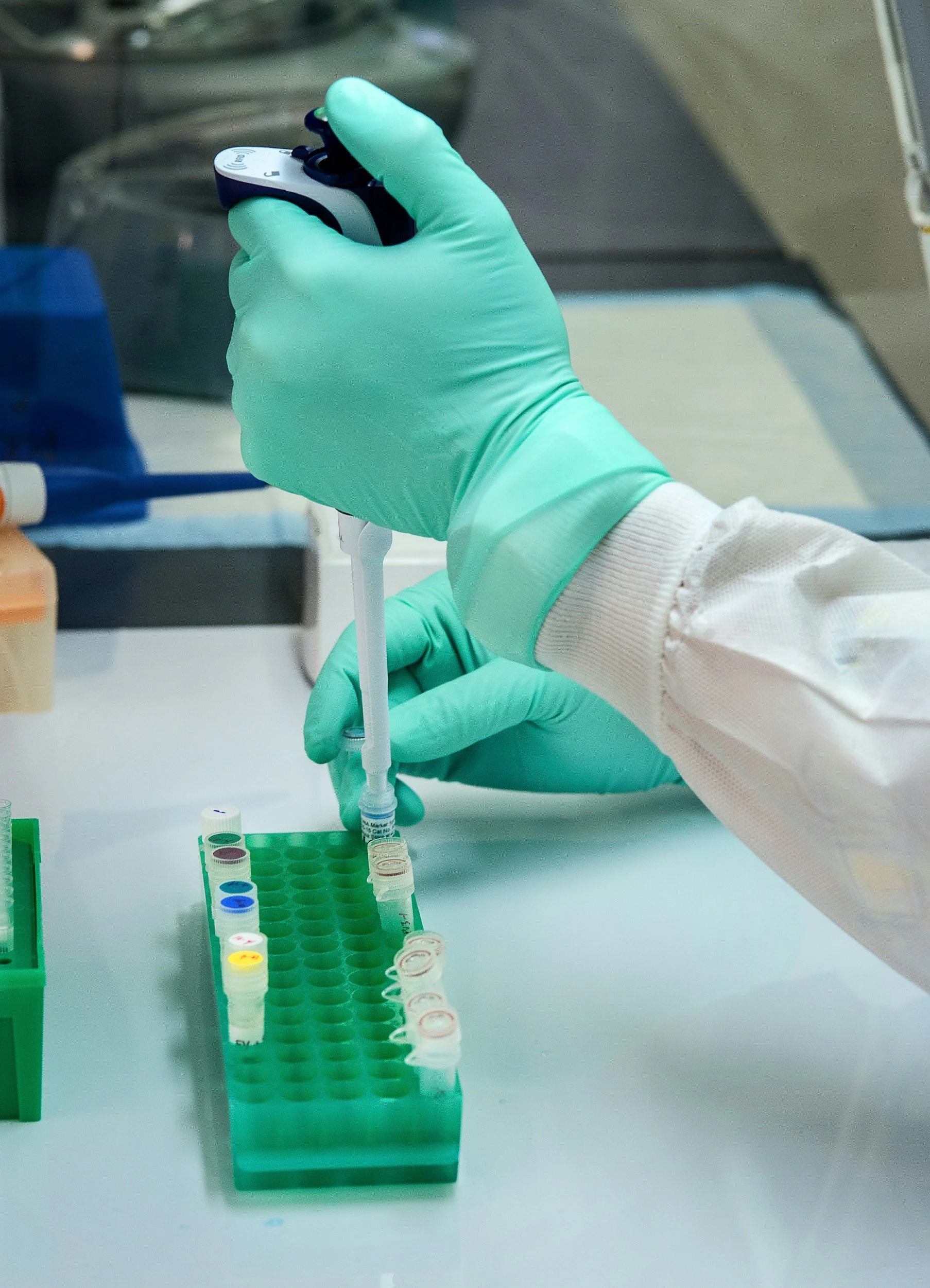
Do animals get jealous like people? Researchers say it’s complicated.
In recent years, evolutionary psychologists have suggested that we’re not all that special. Animals, from corvids to capuchin monkeys, express what humans might recognize as jealousy when, for example, they are passed over for a sought-after snack. Many argue this is evidence we are not alone in our aversion toward unfairness.

World’s only bonobo sanctuary helps orphaned apes overcome trauma to develop social skills and empathy
Apes orphaned by the illegal trade in bushmeat and pets can overcome trauma and develop social abilities like those of their mother-reared peers.
A new study led by Durham University, UK, looked at the effects of rehabilitation by the world’s only bonobo sanctuary on the social and emotional development of orphaned bonobo apes across a 10-year period.

Study reveals right whales live 130 years — or more
New research published in Science Advances reveals that right whales can survive for more than 130 years — almost twice as long as previously understood.
Extreme longevity is a trait common to the right whales’ cousins, the bowheads.

Endangered Cat Ba langurs defy poor environmental conditions and show remarkable adaptation
A study by the German Primate Center - Leibniz Institute for Primate Research in Göttingen and Leipzig Zoo shows the remarkable adaptability of the critically endangered Cat Ba langurs. Despite low genetic diversity, the langurs have retained key genetic traits that help them survive in their isolated environment on Cat Ba Island in Vietnam. One of these remarkable adaptations is the ability to drink salt water (Nature Communications). Photo: Nguyen Van Truong

Study assesses virulence of Cryptococcus strains, laying groundwork for improved treatment
Ultimately, the goal is to find ways to stop deadly disease caused by Cryptococcus neoformans from developing in humans and animals. But until that time, finding new and better ways to treat already existent disease and its symptoms is a high priority.
The laboratory of Kirsten Nielsen in the Center for One Health Research has taken a step toward improved treatment of Cryptococcus, completing a six-year study to examine the virulence of 38 clinical isolates from various strains of Cryptococcus. The results are published in Nature Communications.

Capybaras found dead from rabies on island in Brazil warn of need to monitor virus
Three capybaras (Hydrochoerus hydrochaeris) died from rabies on Anchieta Island in the municipality of Ubatuba, São Paulo state, Brazil, between December 2019 and January 2020. One was found dead, and two exhibited hindlimb paralysis before dying. Analysis of their brains conducted at Instituto Pasteur in São Paulo city showed the cause of death to be rabies encephalitis.
An article reporting the findings of the study is published in the journal Veterinary Research Communications. This is the third report of rabies in capybaras in the world, and the second in Brazil.

